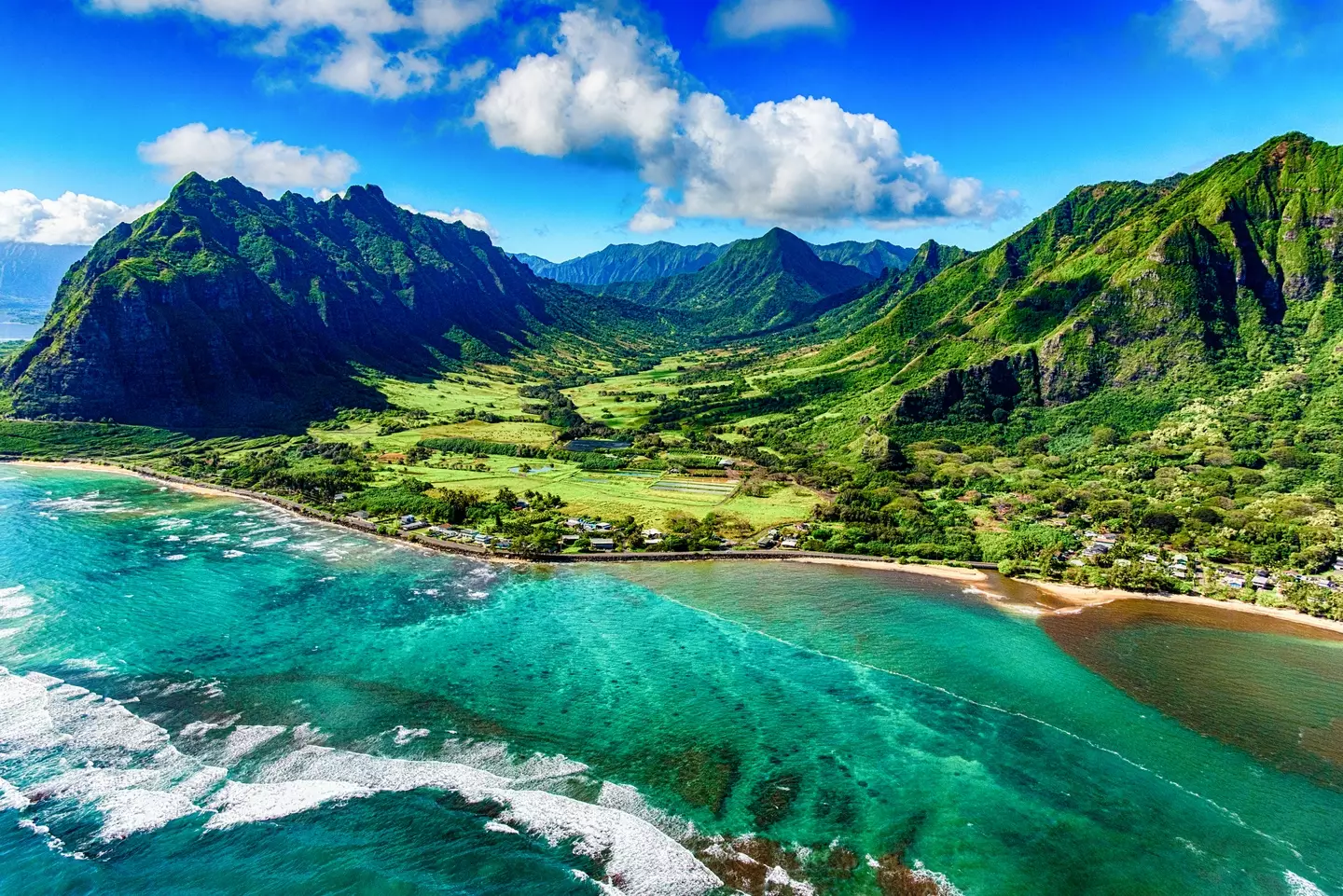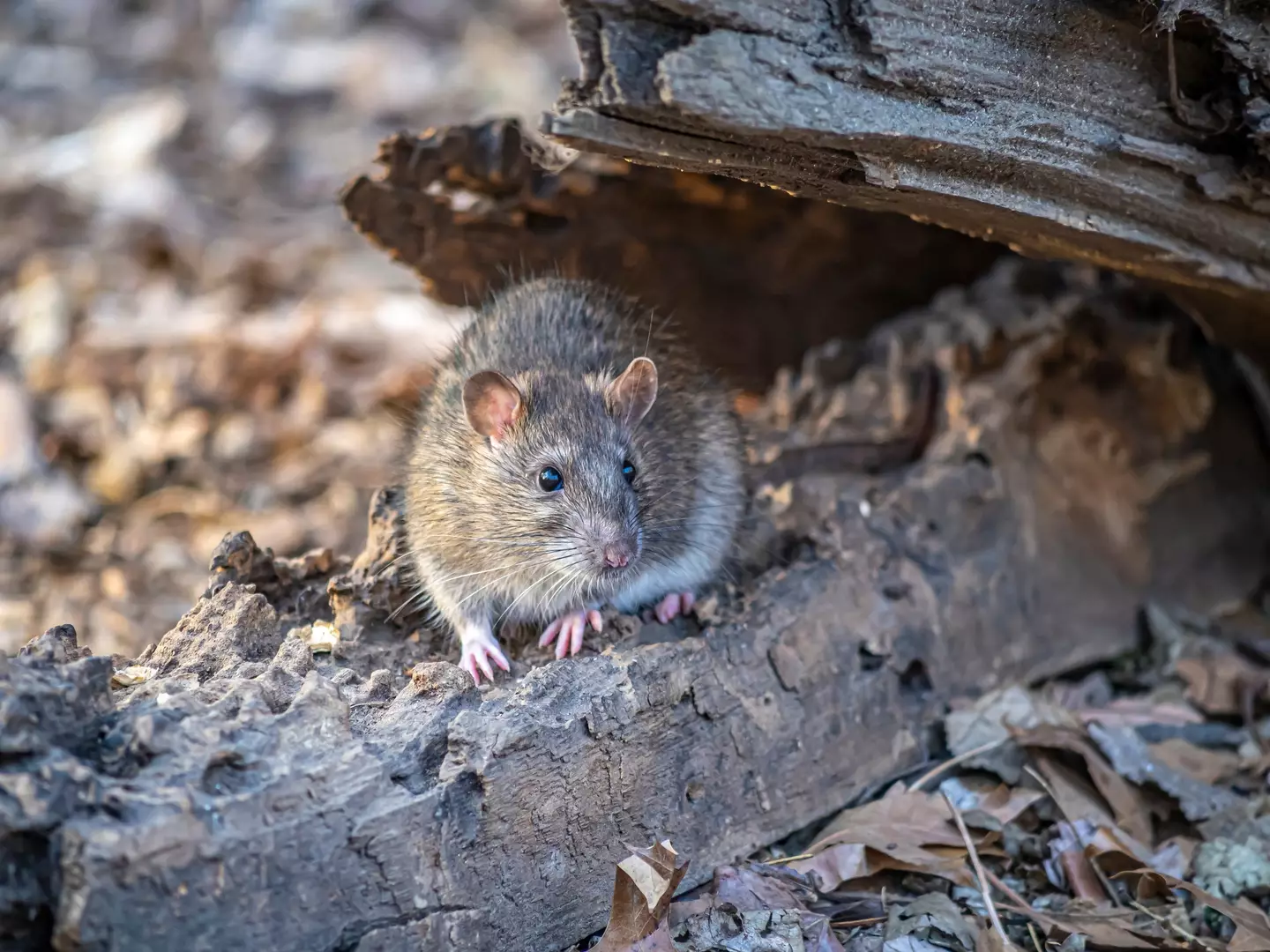
Tourists are being warned about a vacation hotspot that has become the 'epicenter' for a potentially deadly parasitic brain disease.
Holidaymakers visiting Hawaii this summer after being urged to stay vigilant after the islands have seen a huge increase in the spread of a parasitic illness.
Rat lungworm disease is a parasitic infection that primarily affects rats, but humans can also become infected by consuming raw or undercooked snails, slugs, or contaminated food such as kale and potatoes.

Advert
While most infections are mild and can resolve on their own, more serious cases can cause eosinophilic meningitis, which is a form of inflammation in the brain and spinal cord.
While symptoms can vary, common issues include headaches, experiencing a stiff neck, tingling or painful sensations in the skin, fever, nausea, and vomiting.
Diagnosis can often be difficult and may require a spinal tap. In rare cases, rat lungworm disease can become fatal.
The disease has become a significant health concern in Hawaii, with cases reported across all islands, leading to tourists being alerted about the endemic.
Now, experts are warning that all food should be cooked thoroughly and carefully washed before consuming.
Speaking to SFGate, Kay Howe warned people not to ‘eat raw food’ while staying in Hawaii.
Howe has become an advocate for raising awareness on the matter after her son contracted rat lungworm disease in Hawaii in 2008 at the age of 23.
After going into a coma and spending months in hospital, his life was changed forever.
Howe went on to receive a master’s in tropical conservation biology and environmental science at the University of Hawaii at Hilo and works in Hilo’s Jarvi Lab, which specializes in rat lungworm.
Howe said: “Hawaii Island is really the epicenter of the disease for the entire country.”
She continued: “This is a tropical place. There’s a parasite, and we advise to cook everything.”

Experts including Howe have also informed tourists to avoid buying smoothies from popular roadside shops due to the risk of contamination.
Franny Brewer, who is the program manager for the Big Island Invasive Species Committee, went on to add: “I know it’s very popular. It’s very healthy. But if you haven’t been able to inspect the kale yourself, I wouldn’t recommend that you include that.”
Also talking to SFGate, Dr Sarah Kemble, who is an epidemiologist at the Hawaii State Department of Health, said: “Don’t eat raw snails, slugs, freshwater shrimp. And visitors should be aware that when they buy locally fresh fruits and vegetables, they should wash them very carefully before consuming them.”